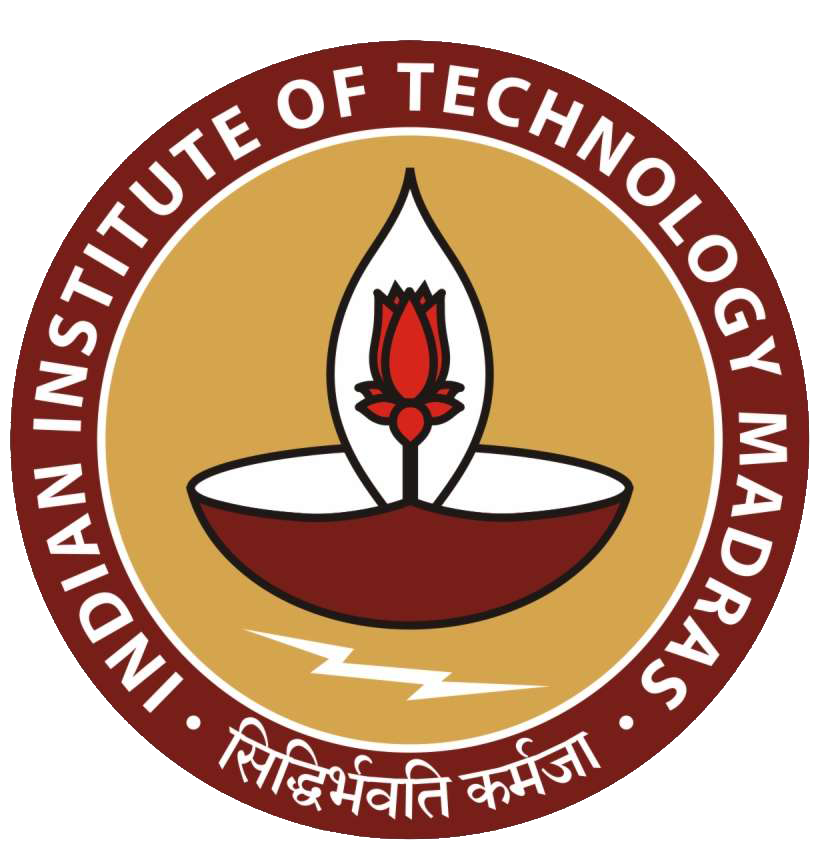Question-13
Consider an Entity-Relationship (ER) model in which entity sets \(E_1\) and \(E_2\) are connected by an \(m: n\) relationship \(R_{12}\). \(E_1\) and \(E_3\) are connected by a \(1: n\) relationship \(R_{13}\). \(E_1\) has two single-valued attributes \(a_{11}\) and \(a_{12}\) of which \(a_{11}\) is the key attribute. \(E_2\) has two single-valued attributes \(a_{21}\) and \(a_{22}\) of which \(a_{21}\) is the key attribute. \(E_3\) has two single-valued attributes \(a_{31}\) and \(a_{32}\) of which \(a_{31}\) is the key attribute. The relationships do not have any attributes. If a relational model is derived from the above ER model, then the minimum number of relations that would be generated if all the relations are in 3NF is__________.
\(4\)
- \(R_{12}\) represents a many-to-many relationship between \(E_1\) and \(E_2\), so a separate table is created:
- \(E_1\) (\(a_{11}\), \(a_{12}\))
- \(E_2\) (\(a_{21}\), \(a_{22}\))
- \(R_{12}\) (\(a_{11}\), \(a_{21}\))
- \(R_{13}\) represents a \(1: n\) relationship between \(E_1\) and \(E_3\):
- \(E_1\) (\(a_{11}\), \(a_{12}\)) with \(a_{11} \rightarrow a_{12}\)
- \(E_3\) \(R_{13}\) (\(a_{31}\), \(a_{32}\), \(a_{11}\)) with \(a_{31} \rightarrow a_{32} \,|\, a_{11}\)
For 3NF: - \(E_1\) (\(a_{11}\), \(a_{12}\)) with \(a_{11} \rightarrow a_{12}\) - \(E_2\) (\(a_{21}\), \(a_{22}\)) with \(a_{21} \rightarrow a_{22}\) - \(R_{12}\) (\(a_{11}\), \(a_{21}\)) - \(E_3\) \(R_{13}\) (\(a_{31}\), \(a_{32}\), \(a_{11}\)) with \(a_{31} \rightarrow a_{32} \,|\, a_{11}\)
Thus, the minimum number of relations required for 3NF is 4.
